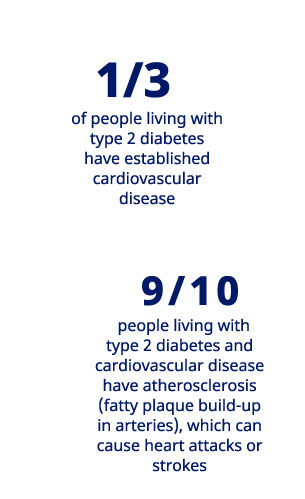
LIVING WITH DIABETES
How adopting a diabetes diet, exercising more, and setting achievable goals can make living with diabetes manageable.
Meet Christian who shares tips to manage diabetes through exercise
You might be wondering, does exercise lower blood glucose levels? Regular exercise can help you control your blood glucose levels, lose weight, and improve your physical and mental health.
Even a slight increase in physical activity can make a difference. If you have not been active for a while, start with just 5–10 minutes of exercise a day and add a few minutes each week until you reach your goal.
When starting a new routine, find an activity that suits you. This will make you more likely to stick with it and enjoy the benefits of an active lifestyle.
Here are some ideas for low-impact activities to help you get started.
No matter which activity you pick, what is important is that you incorporate as much movement as you can into your day. Just remember to exercise safely - check with your doctor before starting any exercise more strenuous than a walking programme.
People with type 2 diabetes are 2-4 times more likely to have a heart
attack or stroke compared to someone living without diabetes.
Learn how you can reduce the risk.
January 2024. IE23DI00232

